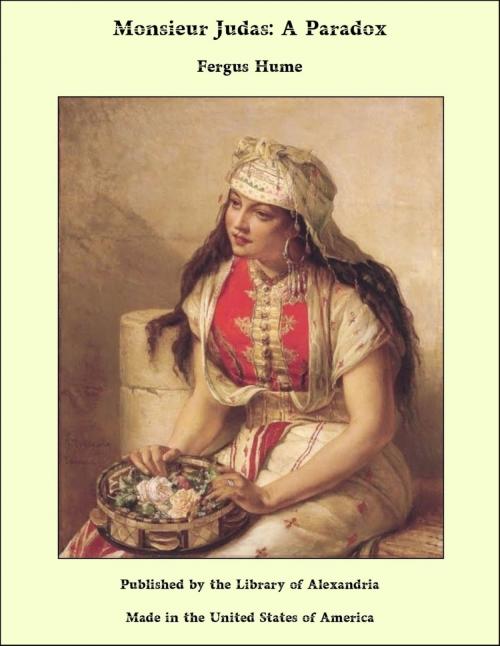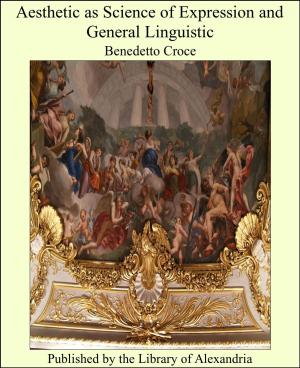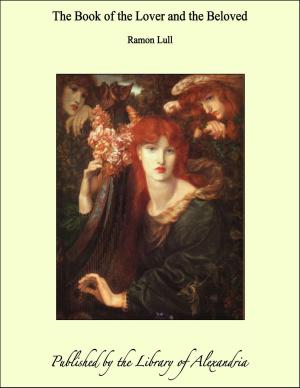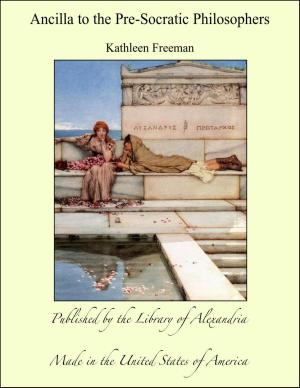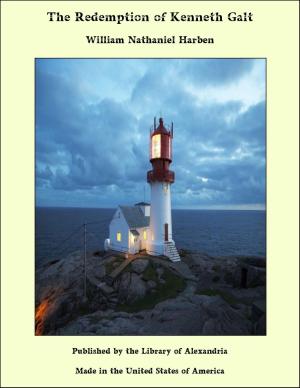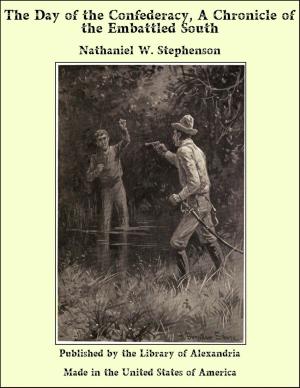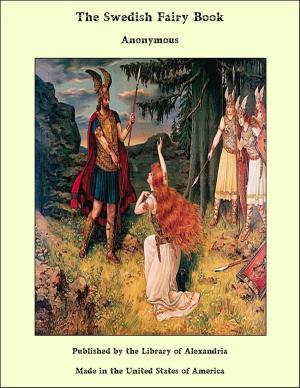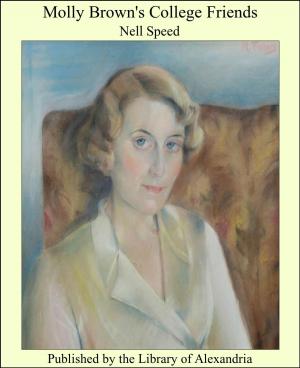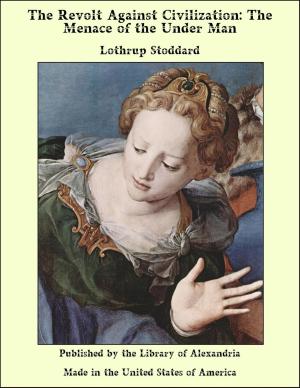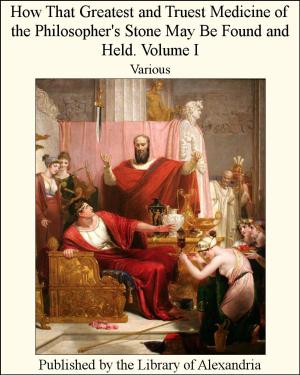Monsieur Judas: A Paradox
Nonfiction, Religion & Spirituality, New Age, History, Fiction & Literature| Author: | Fergus Hume | ISBN: | 9781465617880 |
| Publisher: | Library of Alexandria | Publication: | March 8, 2015 |
| Imprint: | Language: | English |
| Author: | Fergus Hume |
| ISBN: | 9781465617880 |
| Publisher: | Library of Alexandria |
| Publication: | March 8, 2015 |
| Imprint: | |
| Language: | English |
Not an important place by any means, this sleepy little town lying at the foot of a low range of undulating hills, beside a slow-flowing river. A square-towered church of Norman architecture, very ancient and very grim; one principal narrow street, somewhat crooked in its course; other streets, narrower and more crooked, leading off on the one side to the sheltering hills, and on the other down to the muddy stream. Market-place octagonal in shape, with a dilapidated stone cross of the Plantagenet period in the centre; squat stone bridge, with massive piers, across the sullen gray waters; on the farther shore a few red-roofed farmhouses; beyond, fertile pastoral lands and the dim outline of distant hills. Picturesque in a quiet fashion certainly, but not striking in any way; a haven of rest for worn-out people weary of worldly troubles, but dull—intensely dull—for visionary youth longing for fame. The world beyond did not know Jarlchester, and Jarlchester did not know the world beyond, so accounts were thus equally balanced between them. Being near Winchester, the ancient capital of Saxon England, it was asserted by archaeologists that Jarlchester, sleepy and dull as it was in the nineteenth century, had once been an important place. Jarl means Earl, and Chester signifies a camp; so those wiseacres asserted that the name Jarlchester meant the Camp of the Earl; from which supposition arose a fable that Jarl Godwin had once made the little town his head-quarters when in revolt against pious Edward who built St. Peter's of Westminster. As Godwin, however, according to history, never revolted against the King, and generally resided in London, the authenticity of the story must be regarded as doubtful. Nevertheless, Jarlchester folks firmly believed in it, and sturdily held to their belief against all evidence to the contrary, however clearly set forth. They were a sleepy lot as a rule, those early-to-bed and early-to-rise country folk; for nothing had occurred for years to disturb their sluggish minds, so they had gradually sunk into a state of somnolent indifference, with few ideas beyond the weather and the crops.
Not an important place by any means, this sleepy little town lying at the foot of a low range of undulating hills, beside a slow-flowing river. A square-towered church of Norman architecture, very ancient and very grim; one principal narrow street, somewhat crooked in its course; other streets, narrower and more crooked, leading off on the one side to the sheltering hills, and on the other down to the muddy stream. Market-place octagonal in shape, with a dilapidated stone cross of the Plantagenet period in the centre; squat stone bridge, with massive piers, across the sullen gray waters; on the farther shore a few red-roofed farmhouses; beyond, fertile pastoral lands and the dim outline of distant hills. Picturesque in a quiet fashion certainly, but not striking in any way; a haven of rest for worn-out people weary of worldly troubles, but dull—intensely dull—for visionary youth longing for fame. The world beyond did not know Jarlchester, and Jarlchester did not know the world beyond, so accounts were thus equally balanced between them. Being near Winchester, the ancient capital of Saxon England, it was asserted by archaeologists that Jarlchester, sleepy and dull as it was in the nineteenth century, had once been an important place. Jarl means Earl, and Chester signifies a camp; so those wiseacres asserted that the name Jarlchester meant the Camp of the Earl; from which supposition arose a fable that Jarl Godwin had once made the little town his head-quarters when in revolt against pious Edward who built St. Peter's of Westminster. As Godwin, however, according to history, never revolted against the King, and generally resided in London, the authenticity of the story must be regarded as doubtful. Nevertheless, Jarlchester folks firmly believed in it, and sturdily held to their belief against all evidence to the contrary, however clearly set forth. They were a sleepy lot as a rule, those early-to-bed and early-to-rise country folk; for nothing had occurred for years to disturb their sluggish minds, so they had gradually sunk into a state of somnolent indifference, with few ideas beyond the weather and the crops.
